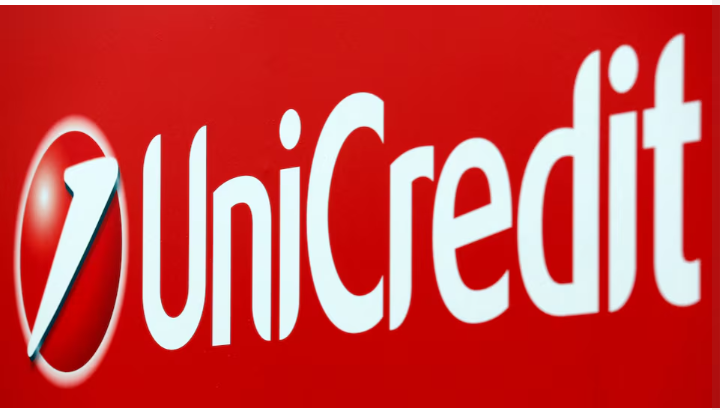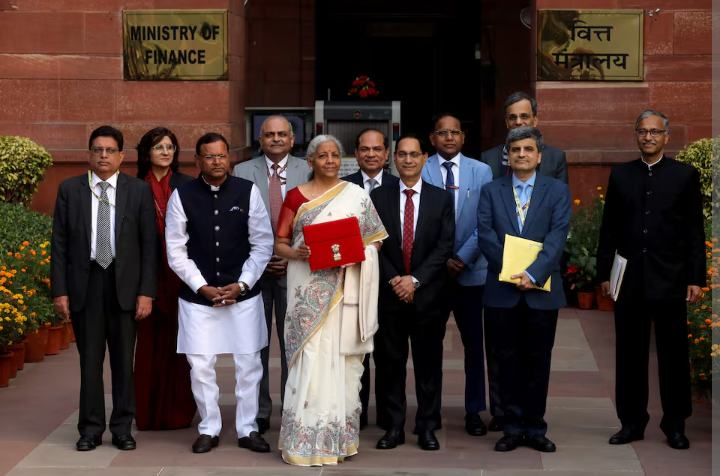UniCredit, Italy’s second-largest bank, has made an unexpected $11 billion all-share bid to acquire Banco BPM, Italy's third-largest lender. The proposed deal, announced on Monday, aims to create a stronger domestic banking entity amid increasing pressures on European banks to consolidate. Banco BPM shareholders would receive UniCredit shares in exchange for their stakes, valuing Banco BPM at €6.657 per share, a significant premium compared to its recent stock price.
This move is part of UniCredit's broader strategy to solidify its position in Italy and improve operational synergies within the country. The bank’s CEO, Andrea Orcel, has been vocal about the need for scale in a competitive and low-margin banking environment. If successful, this deal would enhance UniCredit's market share and operational efficiency, allowing it to better compete with rivals like Intesa Sanpaolo.
The surprise bid has sparked significant discussion among analysts and regulators, particularly regarding its timing and the implications for Italian banking stability. Banco BPM had been pursuing its own strategic growth plan, including the divestment of non-performing loans. The potential merger raises questions about job cuts and branch closures, a common consequence of consolidation in the sector.
While the bid highlights the ambition of UniCredit under Orcel’s leadership, it also reflects challenges in Europe’s banking sector, including thin margins, increased regulation, and rising interest rates. The deal is seen as an opportunity for UniCredit to strengthen its domestic operations before exploring international expansions.
The reaction from Banco BPM's board and shareholders remains uncertain. They will evaluate the offer's financial and strategic merits in the coming weeks. Industry observers expect this deal to face scrutiny from Italian authorities and European regulators, particularly in terms of competition and market concentration.





